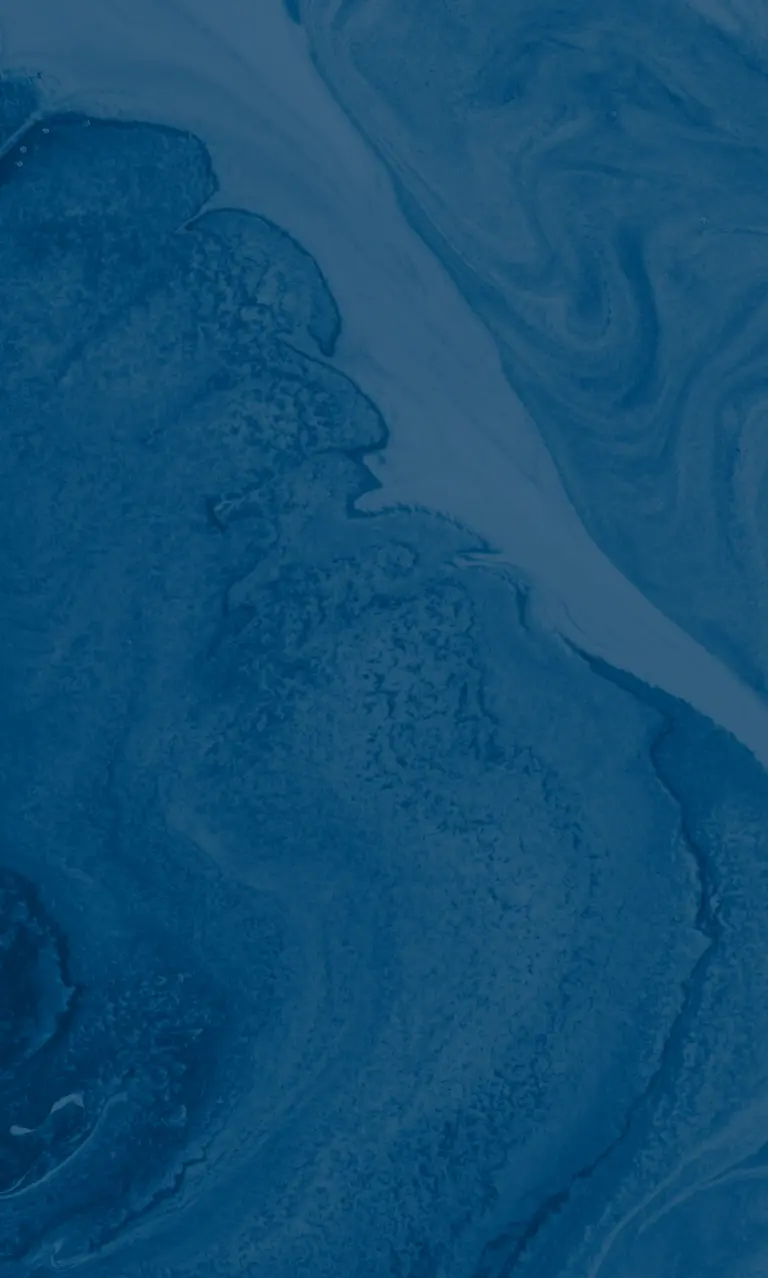DeAIS Detecting fake AIS messages to prevent new maritime risks
Activity in the maritime space is increasing and this demands the development of cooperative ship-identification and location systems, such as AIS (Automatic Identification System), which currently provides real-time shipping surveillance. Recent research has shown that the potential exists for the broadcasting of deliberately or accidentally fake AIS messages, which could lead to illegal acts that pose new maritime risks.
The DeAIS project sought to provide a method for modelling, analysing and detecting such risks. The object involved analysing real-time AIS information and comparing it with archived, expected or predicted data to detect fake ship details or to deal with an attack on an AIS system.
The project identified and categorised vulnerabilities in the AIS system and potential errors and fake details. From a technical perspective, DeAIS created an attack and defence demonstrator that produced and broadcast fake AIS messages and then successfully detected these falsified details.
The experiment has shown that the DeAIS project featured original research in comparison with work undertaken relating to Maritime Situational Awareness and was in step with the cyber-defence issues facing society.
The various communications and publications produced have raised the awareness of the French and European communities of the question of the security of sensors and information systems embedded in intelligent transport systems. Spin-offs and future developments
3 publications in international journals
17 publications at French and international conferences
14 science popularisation articles
One thesis and two 6-month postdocs
Partners
Centres de recherche
- IRENav, Ecole Navale, Brest [Porteur de projet]
- CEREMA (Centre d'Etudes et d'Expertise sur les Risques, l'Environnement, la Mobilité et l'Aménagement), Brest
- Mines ParisTech, Centre de Recherche sur les risques et le Crises, Sophia-Antipolis
- Laboratoire d’informatique de l’Université de la Rochelle (L3I), La Rochelle
Funders
- Agence Nationale de la Recherche
